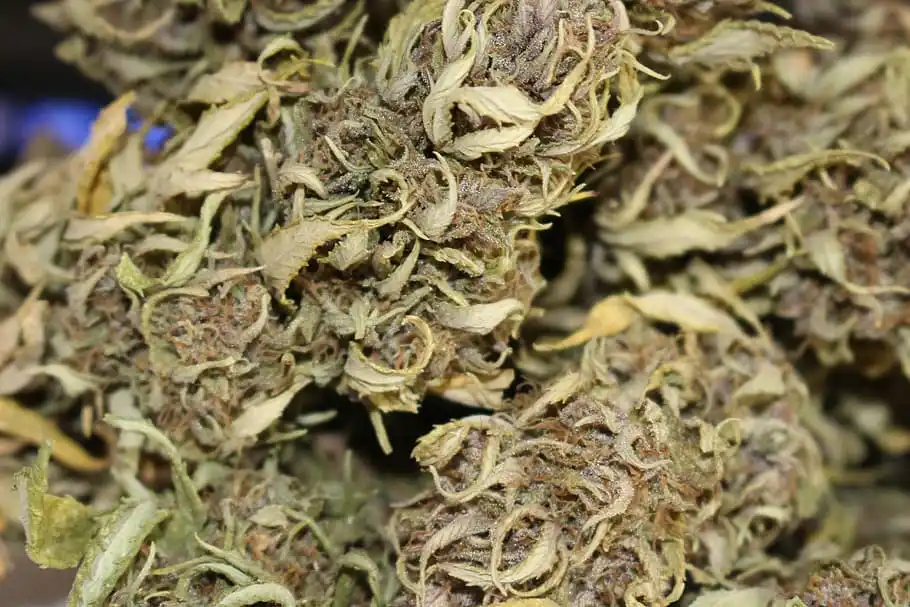Does Cannabis Work for Restless Leg Syndrome?

Lizzy Asked
I am being treated for chronic pain by a pain clinic since I had scoliosis surgery. I am on strong pain meds and have been for years. I have been told that cannabis would help with muscle spasms and RLS (restless leg syndrome). The clinic has never drug tested me but wondered if I should talk to my pain management doctor about it? Or will I lose my right to be treated with pain meds? It will be legal in Missouri soon but my pm doc is in KS where it isn’t legal at all. I’m afraid to buy it since that puts my name in a database that doctors have access to. I don’t know if cannabis can help me? My entire spine is fused. I’d love to try it.
Summary

Answer
Restless leg syndrome (RLS) is a neurological disorder that causes an irresistible urge to move the legs, often accompanied by uncomfortable sensations in the legs. RLS can interfere with sleep and daily activities and can be difficult to manage with traditional medications. As a result, many people with RLS are turning to alternative treatments, including cannabis.
Cannabis has been used for centuries for its medicinal properties, and research is beginning to explore its potential benefits for treating RLS. As a licensed pharmacist and cannabis expert, I will review the available data and discuss the potential benefits and risks of using cannabis to treat RLS below.
How Cannabis May Work for RLS
RLS is thought to be caused by a combination of genetic and environmental factors, including inflammation and abnormalities in dopamine levels in the brain. Cannabis may be effective in treating RLS by reducing inflammation and altering dopamine levels.
Studies have shown that cannabis use can decrease levels of pro-inflammatory cytokines, which are molecules that contribute to inflammation in the body. This anti-inflammatory effect may be beneficial for people with RLS, as inflammation is thought to play a role in the development of the disorder.
Cannabis may also alter dopamine levels in the brain, which is important for RLS management. Dopamine is a neurotransmitter that regulates movement, and low levels of dopamine are associated with RLS symptoms. THC has been shown to increase dopamine release in the brain, which may alleviate RLS symptoms.
Evidence for Cannabis as a Treatment for RLS
While there is some evidence to suggest that cannabis may be effective in treating RLS, more research is needed to fully understand its potential benefits and risks.
A small study published in the Journal of Clinical Sleep Medicine found that cannabis use was associated with a reduction in RLS symptoms in some participants. In a follow-up study, 11 out of 12 patients found that cannabis use completely resolved their symptoms of RLS. Side effects in this study included panic attacks reported by one patient.
However, these studies had several limitations including a small sample size and lack of control. These types of studies are called "case series" and essentially just report observations that are seen in a handful of patients. Case series can be used to generate hypotheses for further study in larger, more controlled studies like a randomized controlled trial. Unfortunately, there are no randomized controlled trials of cannabis for the treatment of RLS to date.
Conclusion
While there is some evidence to suggest that cannabis may be effective in treating RLS, more research is needed to fully understand its potential benefits and risks.
As a licensed pharmacist and cannabis expert, I recommend that individuals with RLS talk to their healthcare provider before using cannabis as a treatment. Healthcare providers can help individuals weigh the potential benefits and risks of cannabis use and can provide guidance on safe and effective use.




